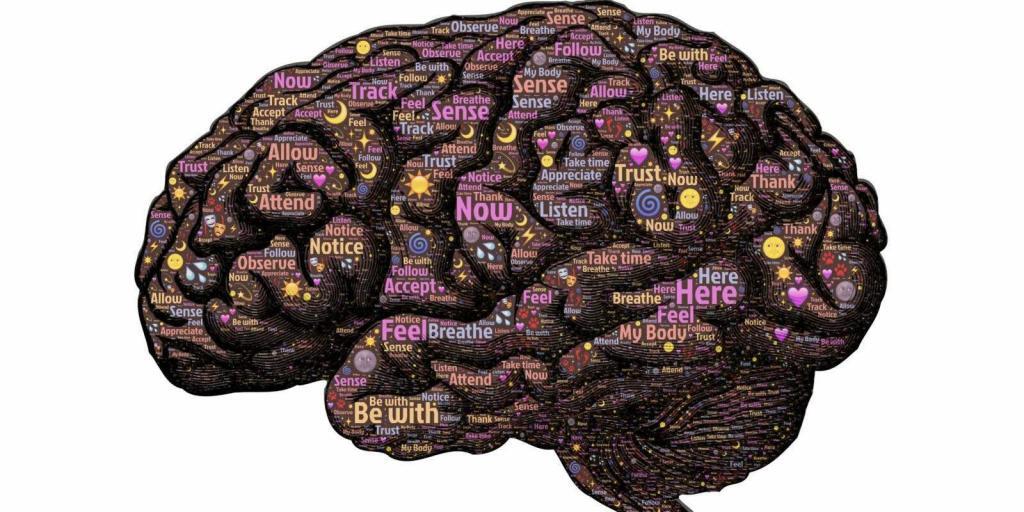How Meditation Benefits Your Brain

By Kevin Schoeninger
You may be curious about meditation, but not really sure how it works or what it does. It may seem foreign to you or you may have the idea that it’s something monks do while living in caves in the Himalayas. Maybe you know someone who meditates and you’ve heard them gush about the physical, emotional, psychological, and spiritual benefits of their practice. Devotees of meditation can be pretty adamant about what they’re doing and those looking in from the outside may be skeptical. Today, scientific research is being applied to meditation with some fairly astounding results.
Apart from the religious and philosophical systems that often come attached to meditation practices-it is actually a quite straight-forward and natural human ability. Simply stated, meditation is practice of focusing your attention in a specific way for a period of time. The focus of meditation can be your posture, your breathing, sensations inside your body, contemplation of specific ideas, visualization of desired experiences, or openness to spiritual realities. Different meditation styles have different points of focus which lead to different effects.
Most commonly, any form of meditation will help you de-stress and feel more “centered.” It relaxes your body, calms your emotions, clears and quiets your mind, and gives you a feeling of integration. Meditation also increases your mental powers of concentration, insight, memory, and visualization.
Consistent meditation practice can release layers of inner tensions, traumas, and limitations so that you feel more mentally and emotionally healthy and whole. Deep meditative states are often associated with spiritual experiences and feelings of connection and “oneness.” In addition, visualization in a meditative state can be used to enhance any activity that you want to get better at or any experience that you want to grow in your life.
Recently, meditation has become the subject of intensive scientific research. Here are just a few results from among many studies. These studies show that, not only does meditation give you powerful inner experiences, it also positively affects your brain:
1. Meditation practiced consistently over a long period of time changes brain structure for the better. A 2011 study shows that meditation can have a positive effect on the brain in as little as eight weeks. Participants in the study showed increases in grey matter in the hippocampus, which is associated with self-awareness, social awareness, compassion, and memory formation. (Psychiatry Research: Neuroimaging, Volume 191, Issue 1, p. 36-43, 30 January 2011)
2. Another 2011 study showed increased connections throughout the whole brain as a result of meditation practice. (“Enhanced brain connectivity in long-term meditation practitioners,” NeuroImage. Volume 57, Issue 4, p. 1308-16, August 2011). The changes were strongest in the connections involving the anterior cingulate, a brain area related to the ability to regulate emotions and behavior.
3. A study published in 2010 in the Journal of Alzheimer’s Disease (Volume 20:2, April 2010) showed that meditation shows great promise for lessening and possibly reversing the effects of Alzheimer’s Disease. The study found that Kirtan Yoga, a form of meditation, performed only 12 minutes a day for eight weeks, increased brain activity in areas central to memory and improved cognition and well-being in patients with memory loss.
These are just a few examples of how science is validating what practitioners of meditation have known for centuries–meditation is one of the most powerful tools we have for improving health, reducing stress, increasing mental-emotional well-being, and achieving or maintaining peak performance. It’s great for body, heart, mind, and spirit–and your brain.


